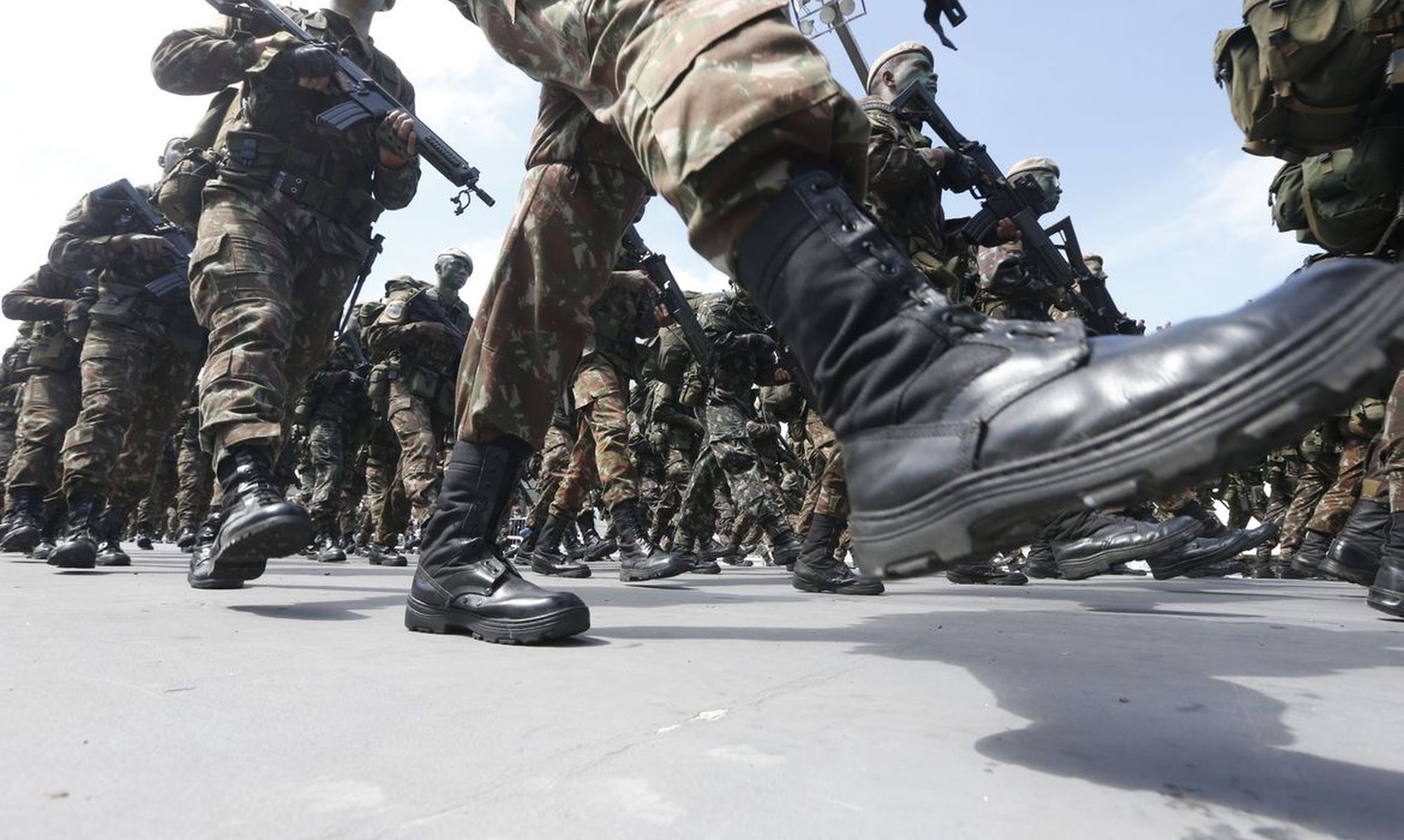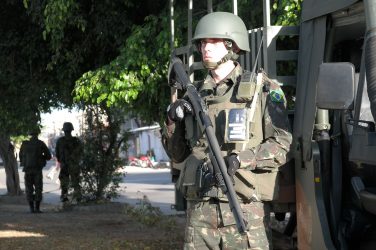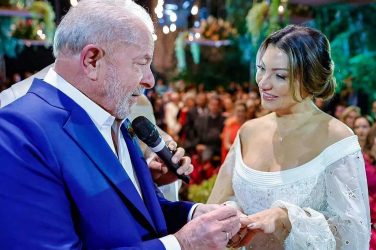Almost 60 years after the 1964 military coup in Brazil, members of the country’s Armed Forces find themselves under investigation for an attempted coup d’état. In the opinion of three Brazilian researchers, the Armed Forces are facing a deterioration in their image caused by unprecedented inquiries and the arrests of high-ranking military officers.
To the judgment of these experts, who study the role of the Armed Forces, the investigation conducted by the Federal Police into the coup attempt and the arrests authorized by the Judiciary are writing history and sending a message to society on the respect owed to democracy.
Press outlets have drawn special attention to the testimonies given to the Federal Police by former commanders of the three branches of the military, who were heard as witnesses in the investigation into the attempted putsch.
The Federal Police will not comment on ongoing investigations. Other military personnel have come under scrutiny for their possible involvement in this episode as well as other alleged crimes.
In the view of Professor Juliana Bigatão, coordinator of the Brazilian Observatory on Defense and the Armed Forces at the Federal University of São Paulo (Unifesp), these probes should have an impact on how Brazilians see the Armed Forces.
“It is necessary to consider that this type of investigation is unheard-of, including the preventive arrests of members of the Armed Forces. Brazil does not have a tradition of investigating and punishing the military for crimes against democracy,” she argued.
In the opinion of Professor João Roberto Martins Filho, from the Federal University of São Carlos (Ufscar), the unprecedented nature of the trial of military personnel by civil courts differs from another historical moment, shortly after the 1964 military coup, when over 6 thousand military agents were arrested and stripped of their posts.
“In that episode, these military agents, who opposed the coup, were investigated and tried by the military themselves,” he recalled.
He pointed out that the investigation of army generals—the highest rank in the army—raises the current episode to another level.
Justice
A member of the Defense and International Security Studies Group (Gedes), Professor Ana Amélia Penido said there are very few cases in which general-level officers are convicted, even within the military justice system. “In general, justice ‘works’ for the lower ranks,” said the professor from the State University of São Paulo (Unesp).
She believes that the investigation sends a message to society according to which alleged crimes committed by military personnel should be investigated, just as they are with civilians.
Investigations, Professor Bigatão argued, should be widely publicized and reach real conclusions, so there is no feeling of impunity. The experts noted that, because of the Amnesty Law (1979), no member of the Armed Forces was held accountable for crimes during the dictatorship.
Image
The researchers interviewed say it is still too early to gauge the exact impact of these episodes on the image of the Armed Forces.
“Historically, the military is well-regarded by people—not because of their duties, but because of the civil activities they end up carrying out,” Professor Penido remarked.
She recalls that the Brazilian military became well known for activities such as transporting basic food baskets and guaranteeing water for remote areas. She understands, however, that the anti-democratic attacks of January 8, 2023 have caused favorable opinion to fall.
Professor João Roberto Martins Filho stated that the Armed Forces are going through an image crisis, adding that commanders today have appeared willing to overcome the latest episodes. “There were legalist general officers who helped prevent a coup.”
When Operation Tempus Veritatis was launched by the Federal Police on February 8, the Army pledged to provide all the information required.
“This position was appropriate in a democracy,” Professor Bigatão affirmed. She noted that the Army has dismissed commanders who were targeted by the crackdown. “The representatives of the upper echelons of the Armed Forces are collaborating or backing the probes. That’s an important sign, and the attitude expected within a democratic regime,” she said.
In Professor Penido’s view, the military who resisted January 8 and the alleged coup attempt took a stance in favor of institutional values. “I think we need to find measures to bring a fresh air to the barracks. To make them more like society and what happens in it,” she went on to say.
Risks of politicization
The root of the problem, Professor Bigatão believes, was the politicization of the Armed Forces during former President Jair Bolsonaro’s government. “There were more military personnel in government positions than at the time of the military regime itself,” she pointed out.
Professor Penido defends the need to address military isolation in the barracks. In her opinion, the civilian and military worlds should be integrated, both in military training and in the intelligence, justice, and budget sectors. Politicization, she said, was not a specifically Brazilian issue.
For professor João Roberto Martins Filho, an important example is Germany, which does not allow the Armed Forces to be linked to political parties, as happened during the Nazi period. “Today, the Armed Forces there are more culturally open and democratic.”
The Ministry of Defense did not respond to requests for comment on the researchers’ assessment of the Armed Forces’ deteriorating image.
ABr













